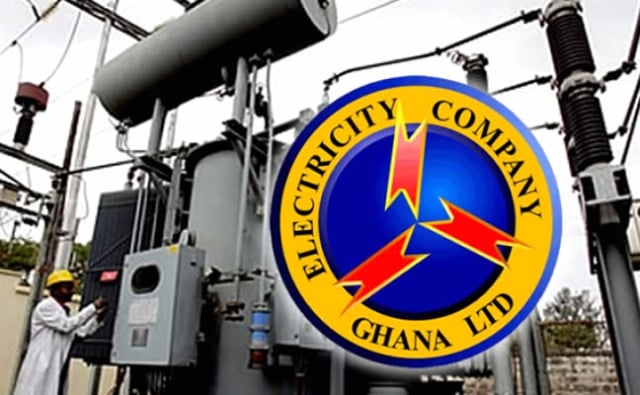The Electricity Company of Ghana (ECG), a pivotal entity in the nation’s power sector, is grappling with significant financial and operational challenges, prompting the government to explore private sector participation as a potential solution. Current inefficiencies within the ECG translate to substantial monthly deficits exceeding GHS 1 billion, a precarious situation that threatens the stability and sustainability of the entire power sector. Recognizing the urgency of addressing these issues, the government has commissioned a comprehensive review of three proposed models for private sector involvement: the Entity Concession Model, the Multiple Lease Model, and the Service Franchise Model. The selection of the most appropriate model will follow careful deliberation by the Cabinet, after which a Project Implementation Committee will be established and a transaction advisor appointed to ensure a transparent and accountable process that prioritizes local content and participation.
The impetus for this reform stems from a detailed assessment of the ECG’s operational landscape, conducted by a dedicated seven-member committee. This committee, through extensive consultations with over 300 individuals and organizations, identified a range of critical issues plaguing the ECG. These challenges were categorized into four key areas: governance and management, operational inefficiencies, financial challenges, and customer dissatisfaction. Within these broad categories, specific problems such as weak leadership, procurement inefficiencies, high technical and commercial losses, foreign exchange losses, tariff gaps, and widespread customer complaints regarding service quality were brought to light. The report paints a picture of an organization struggling under the weight of administrative inefficiencies, poor governance, and operational weaknesses, culminating in substantial financial losses that threaten its long-term viability.
The committee, after evaluating eight different models for private sector participation, narrowed down the options to three distinct approaches. The first, the Single Private Operator Model, proposes a comprehensive takeover of ECG’s operations by a single entity. This model offers the potential for streamlined management and decision-making but raises concerns about monopolies and potential lack of responsiveness to local needs. The second option, the Multiple Lease Model, suggests dividing the ECG into smaller, regionally managed units, each operated by a different private entity. This model encourages competition and localized service delivery but could lead to fragmentation and coordination challenges. Finally, the Service Franchise Model focuses on private sector involvement primarily in the low-voltage distribution segment, potentially allowing for specialized expertise in this critical area while maintaining government control over other aspects of the ECG’s operations.
The selection of the most suitable model represents a crucial decision point for Ghana’s power sector. Each model presents its own set of advantages and disadvantages, and the government’s choice will have far-reaching implications for the future of electricity provision in the country. The Single Private Operator Model offers the potential for significant economies of scale and streamlined management, but it also raises concerns about potential monopolies and the concentration of power in a single entity. The Multiple Lease Model, by dividing the ECG into smaller, independently managed units, could foster competition and localized service delivery, but it might also lead to fragmentation and difficulties in coordinating overall operations. The Service Franchise Model, with its focus on private sector involvement in low-voltage distribution, could bring specialized expertise to this critical area while allowing the government to retain control over other aspects of the ECG.
The government’s decision must carefully balance the potential benefits of private sector participation with the need to safeguard national interests and ensure equitable access to electricity for all citizens. Transparency in the decision-making process is paramount, as is ensuring robust regulatory oversight to protect consumers and prevent potential exploitation. Local content and participation are also important considerations, as they can contribute to skills development, job creation, and overall economic growth. The government must also carefully consider the potential impact of each model on electricity tariffs and service quality. Balancing affordability with the need for investment and improved service delivery will be a key challenge.
As the government moves forward with its deliberations, stakeholders across the spectrum, including industry experts, consumer advocacy groups, and the general public, will closely monitor the process. The chosen model will not only shape the future of the ECG but also have profound implications for Ghana’s energy landscape. The successful implementation of this reform will require careful planning, robust regulatory oversight, and a commitment to transparency and accountability. Ultimately, the goal is to create a more efficient, reliable, and sustainable power sector that can effectively serve the needs of all Ghanaians. This ambitious undertaking requires careful consideration of all potential impacts and a commitment to ensuring that the benefits of reform are shared equitably.


